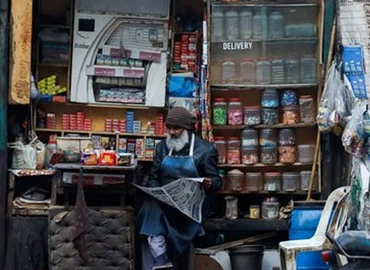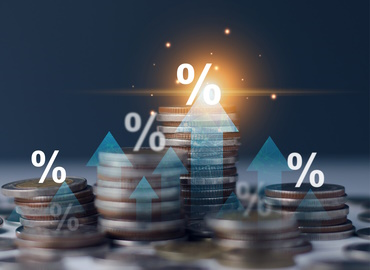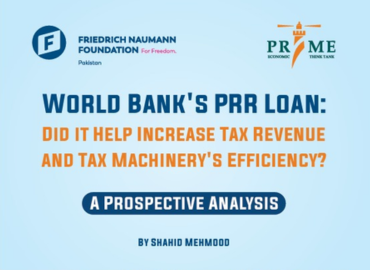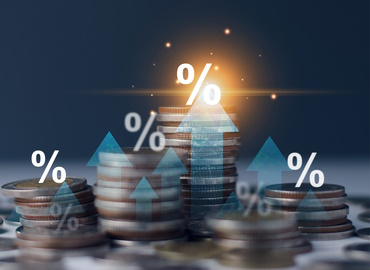EXECUTIVE SUMMARY
In 2020, the Government of Pakistan conducted an inquiry into the sugar industry. The inquiry committee found irregularities in the sugar mills and claimed the prevalence of cartelization by sugar mills. Later the government constituted a committee to suggest recommendations for the overhaul of the sector and promote price stability. The committee also acknowledged the prevalence of excessive regulations and their contribution to the distortions and recommended removal of the excessive administrative footprint.
This report by PRIME is an attempt to reform state-market nexus in Pakistan by analyzing sugar sector, which cuts across our agriculture and industrial sectors and presents a rich case study of how regulations influence outcomes. The report analyzes the sugar market for a period of 10 years from 2011 to 2022, assesses the laws and policies related to the sugar sector, and puts forth the necessary reforms.
The sugar industry comprises 6 percent of the manufacturing sector and 13 percent of crop economy. The sugar sector provides direct employment to 1 million people and has a market size of Rs. 501 billion as of 2021.
The government has continuously increased the support price on sugarcane from Rs. 126/40kg in 2011 to Rs. 300/40kg in 2022 to incentivize farmers to increase sugarcane production. Since 2011, sugar production in the country has shown a cumulative growth of 36 percent compared to a 42 percent growth in the demand for sugar.
The report recognizes that the sugarcane cultivation as a percentage of the total cropped area increased from 4.3 percent in 2011 to 5.0 percent in 2021. However, the total cropped area in the country has remained stagnant for the last 4 years while the sugarcane cultivation area has declined recently.
The report highlights the following issues:
- Government footprint is everywhere in the sugar market- from support price to price ceiling include restrictions on import and export.
- The domestic price of sugar in Pakistan has historically remained higher than international prices with some exceptions.
- Farmers face delays in payments and low income due to lower price of sugarcane paid by the mills as compared to the support price announced by the government.
- Sugar mills' owners are concerned about liquidity crunch and possibility of default due to export restrictions on the mills to sell the sugar stock in the international market.
These issues call for a redesigning of the structure of the sugar market and contemporary policies to remove the underlying bottlenecks and outlining necessary reforms. While acknowledging improvements in the sectoral growth, the transformation of the sugar sector for better performance and efficiency requires the following reforms on the domestic and external fronts:
- The incentive structure should be re-designed for competitive returns, which is linked to the quality of the crop to encourage farmers to improve the quality of crop and earn higher incomes.
- The retail price of sugar should also be determined by the market forces depending upon the supply and demand of the commodity.
- The government should ensure the implementation of laws and sugar mills should be forced to make timely payments to the cane growers without any deductions. EXECUTIVE SUMMARY 04 REFORMING STATE-MARKET NEXUS IN PAKISTAN'S SUGAR SECTOR: ANALYSIS, RECOMMENDATIONS AND ROADMAP
- The export of sugar should be allowed throughout the year to prompt cane growers and mills to not only focus on domestic demand but to increase their production for meeting international demand.
- The productivity and yield of the crop could be enhanced by ensuring access to capital for farmers to minimize their dependence on informal market and sugar mills.
- The requirement of licensing for the expansion of mills should be removed to increase the manufacturing capacity of mills and encourage competition.
- The government should also devise a mechanism for accurate and timely collection of data for better monitoring of available stocks and better policy formulation.
- The government needs to ensure the continuity of policies and remove uncertainty created by policy changes through frequent SROs.
- The import of raw sugar should be opened on a permanent basis by lowering the tariffs and taxes to ensure the availability of sugar in the country and promote price stability.
- In case of significant shortages and/or maintain a check on tendency of cartelization, the government should allow commercial import of refined sugar.





